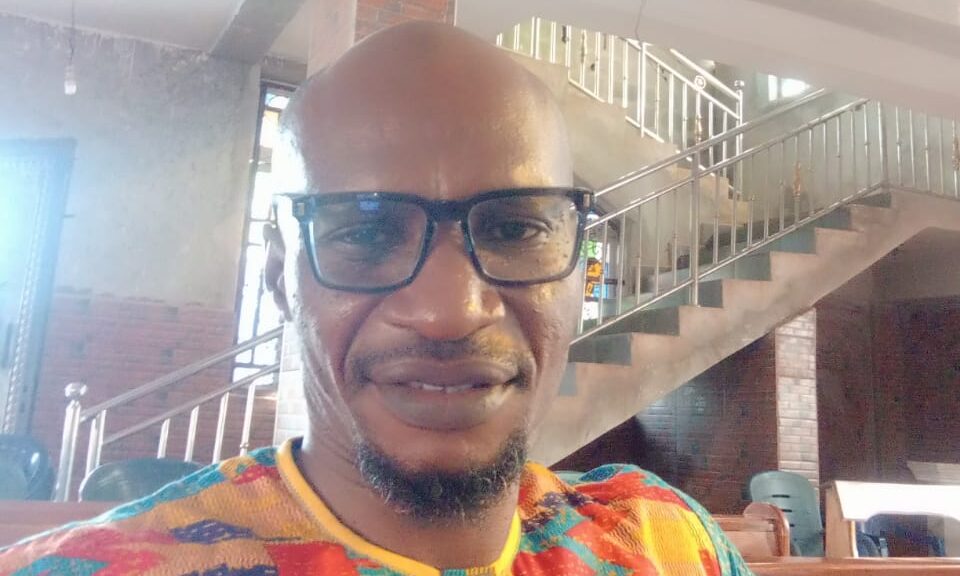Have you ever noticed how corruption suddenly becomes invisible the moment a politician crosses over to the ruling party?
One week, EFCC headlines their name. The next week, they’re smiling at Aso Rock — shaking hands, posing for photos, and speaking about “unity” and “development.” Just like that, sins are washed away in the baptismal waters of defection.
Last year alone, over 30 prominent Nigerian politicians switched parties ahead of the elections — most of them from opposition camps under investigation. But something strange happens afterward: the probes slow down, the petitions vanish, and the news cycle moves on. The message is clear — loyalty, not integrity, determines who gets punished in Nigeria.
Take a drive through any rural community that once voted with hope. The story repeats itself: an abandoned health center with faded paint; a water project that stopped after the commissioning photo; a school block without windows — all “ongoing projects” tied to a name that’s now defected, promoted, and rebranded.
In Nnewi South, a youth leader once told me, “When our representative joined the ruling party, we thought help had come. But all we got was silence — and another groundbreaking ceremony for the same uncompleted road.” His words echo across hundreds of localities.
Analysts have warned: this pattern of defection-for-protection is not just politics — it’s an institutionalized escape route. A safe house for the powerful.
When politicians defect to avoid scrutiny, what dies isn’t just accountability — it’s progress. Funds meant for roads, schools, and hospitals are quietly re-channeled to political “stabilization.” New promises replace unfinished ones, and citizens keep waiting. Waiting for water that won’t flow. Waiting for roads that won’t dry after the rain. Waiting for justice that never arrives.
The irony? We, the people, often cheer these defections like football transfers — forgetting that every defection erases another chapter of truth. Every handshake in the ruling camp buries another investigation.
So I ask: how many more “decampings” before we realize our underdevelopment isn’t accidental — it’s engineered?
Maybe the real infrastructure Nigeria needs is moral, not physical. Until political office stops being a hiding place for the guilty, no amount of “next level” slogans will pave our streets or light our hospitals.
Let the politicians defect all they want.
But someday, accountability will defect too — from silence to power.
Linus Anagboso
D-BIG PEN.
Digital solution consultant, Columnist, Community Advocate..



